SYNAPSES Evaluated Resources
On this page you can find all resources that have been identified and evaluated by the SYNAPSES consortium. Are you looking for resources specifically for you? Use the filtering system on the left.
For a description of the Aims and Learning Outomes (LO) refer to this page.
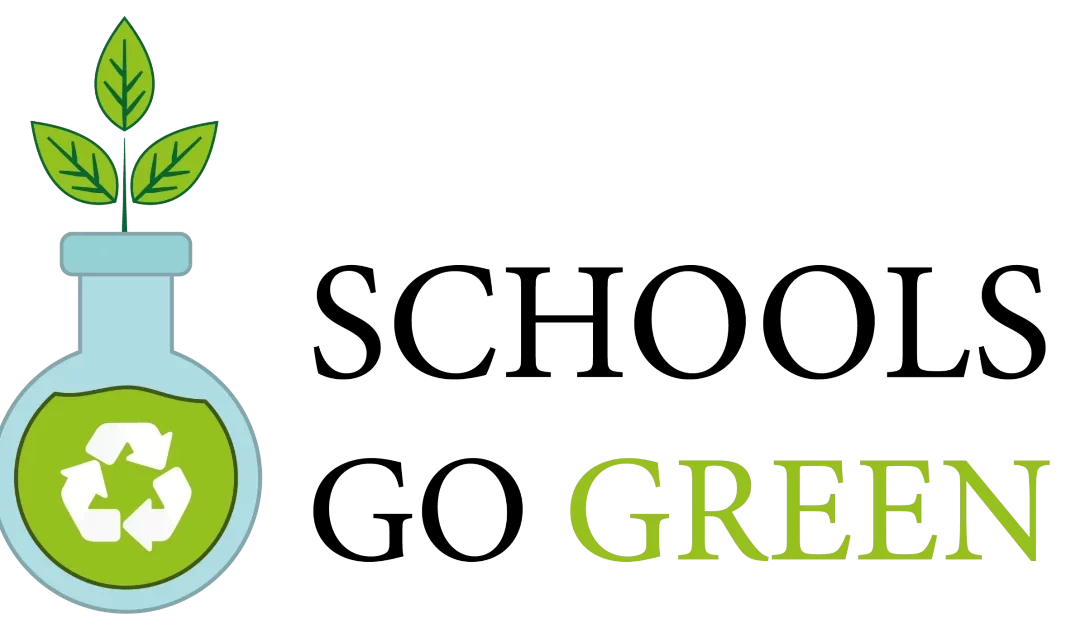
Schools go Green
This educational material consists of a multimedia Eco-Glossary based on small stories accompanied by a set of e-learning materials using audio-visual tools, like presentations for students, teacher handbooks and lesson plans. The learning material follows the whole school approach as it involves teachers, teacher educators, school leaders and researchers.
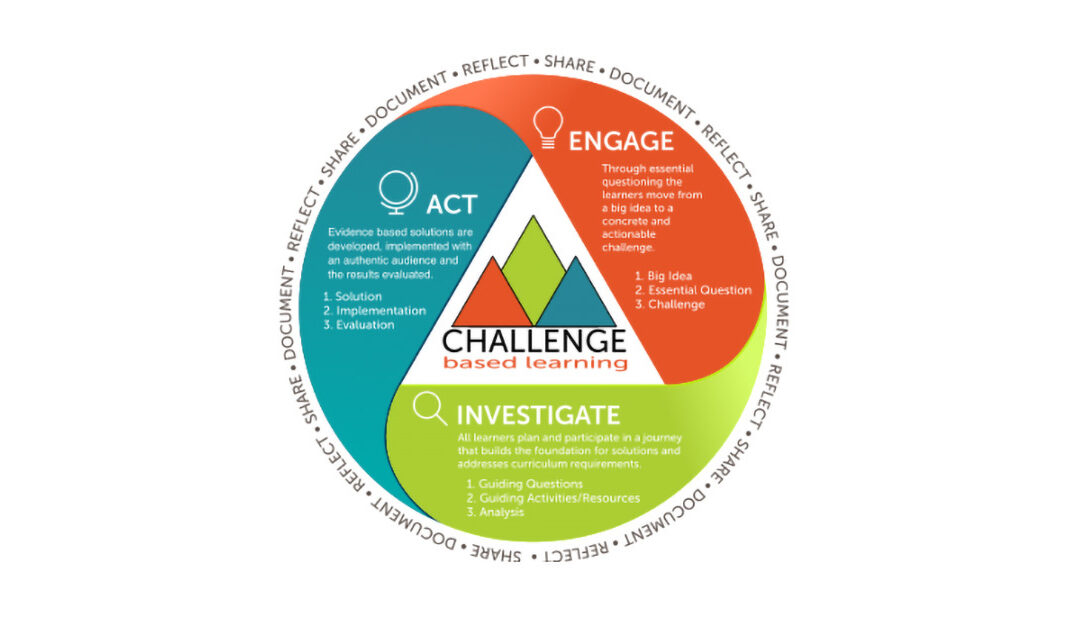
Challenge Based Learning Guide and Toolkit
This Guide to Challenge Based Learning and online toolkit are designed to introduce educators to this student-centred approach to learning in a real world, interdisciplinary way.
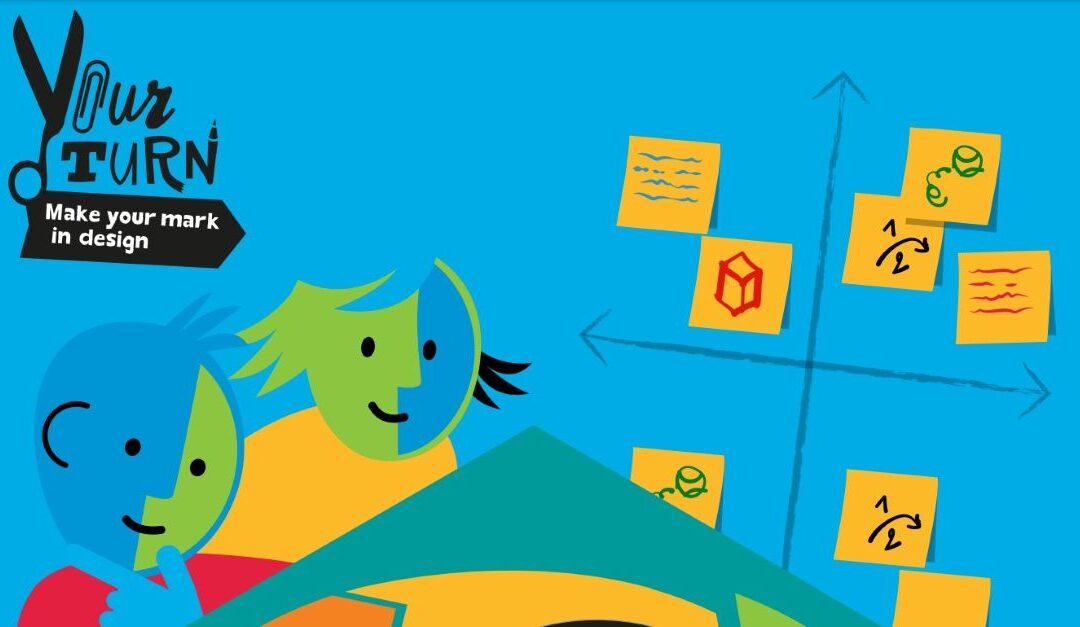
Your Turn for the Teacher – Guide Book
The Your Turn guidebook is a step-by-step instruction for teachers (in training) to create and implement their own design projects for upper primary and lower secondary education.
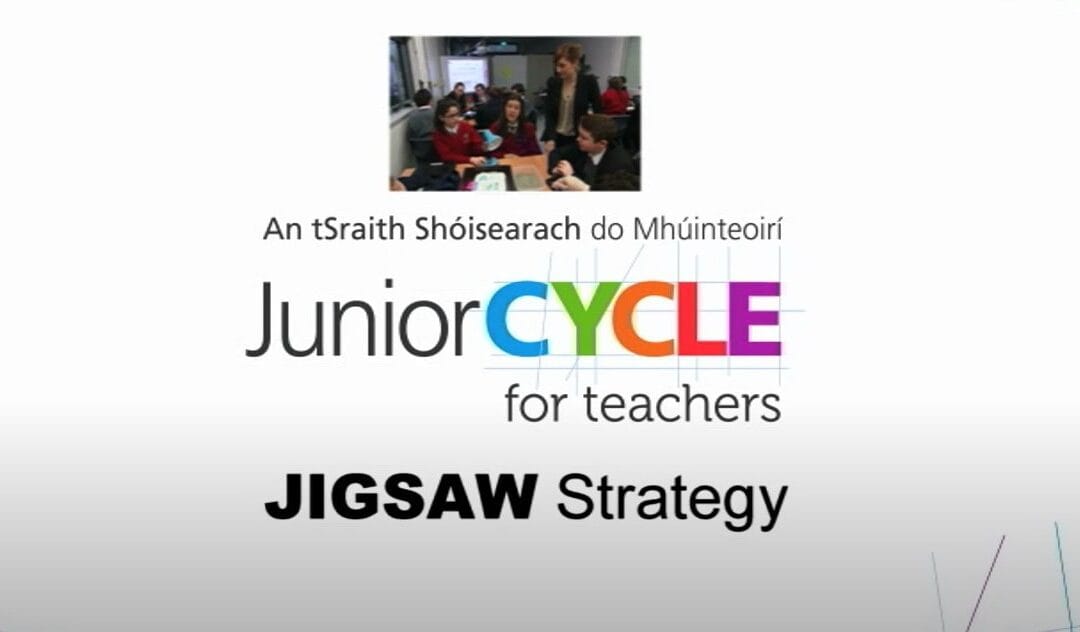
Active Classroom Strategies
The Active Classroom Strategies presented by the Junior Cycle for Teachers service in Ireland are student-centred active teaching methodologies designed to support the development of key skills and competencies in students such as ‘Managing Information & Thinking’ and ‘Working with Others’.
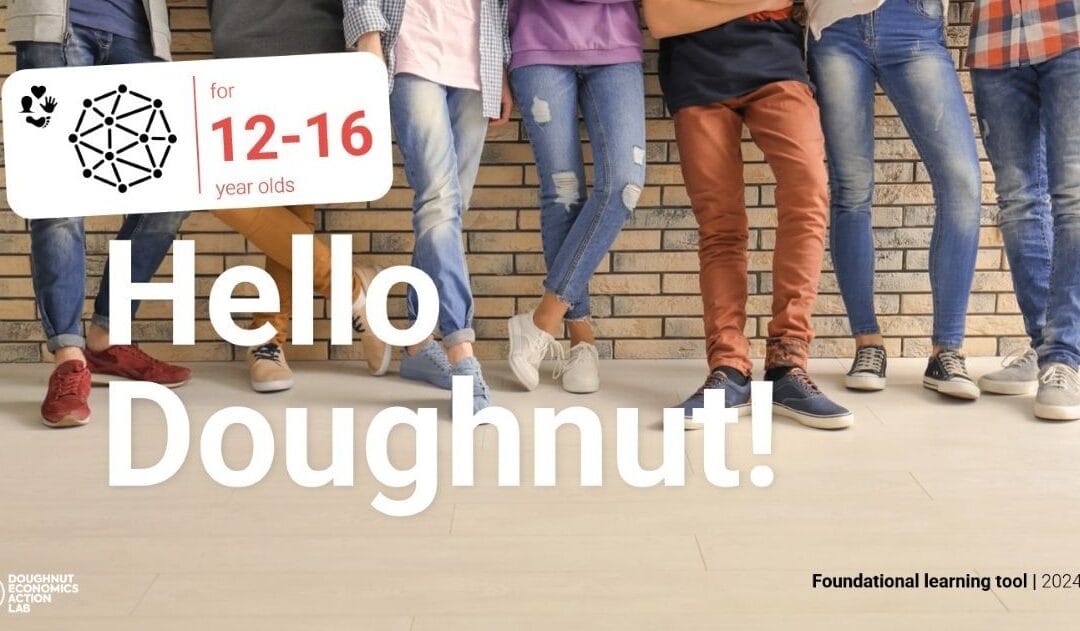
Hello Doughnut
‘Hello Doughnut’ is a comprehensive series of resources for educators to help bring the foundational ideas, practices, and principles of Doughnut Economics into learning spaces. It pays attention to the cognitive, affective and psychomotor domains of learning in local contextualised learning environments.
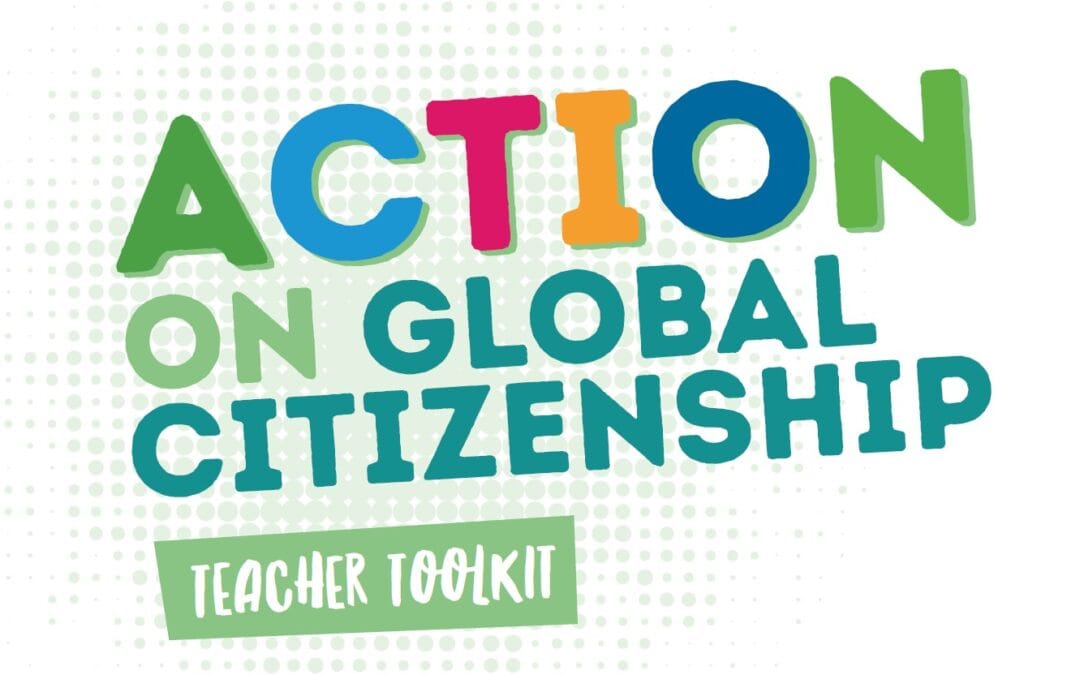
Action on Global Citizenship
Action on Global Citizenship – A Toolkit for Teachers will support educators to empower their students to become active global citizens in their schools and communities, with a range of activities and resources which align with the National Curriculum whilst using active learning methodologies in an engaging and fun way.
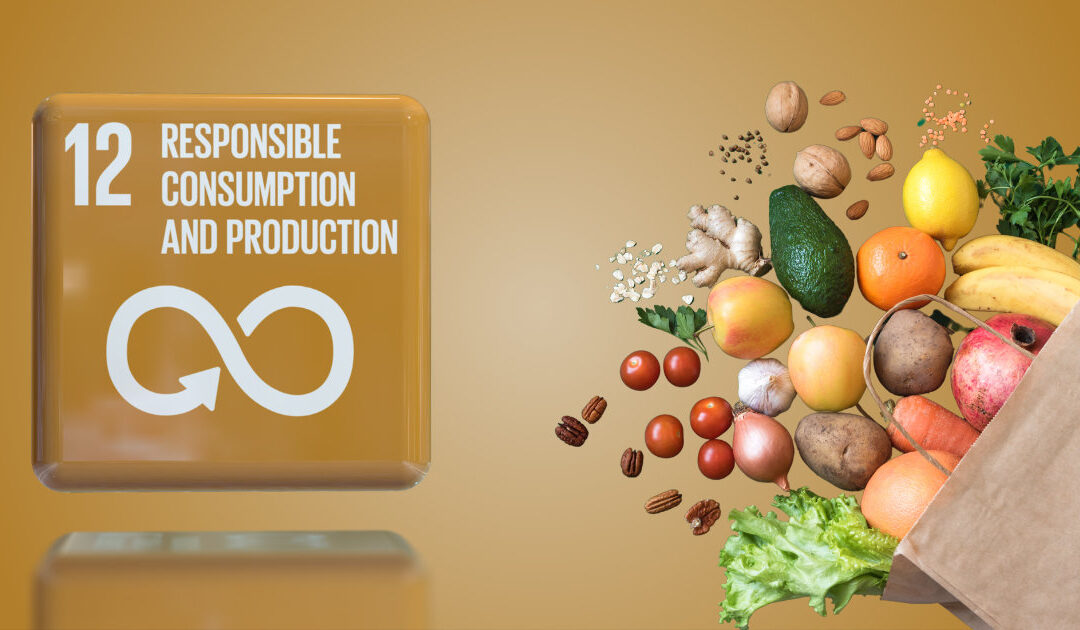
Lesson Plans on Sustainable Consumption
A collection of lesson plans designed to educate students aged 13-16 on sustainable consumption, focusing on understanding consumerism, differentiating between needs and wants, and promoting responsible consumption behaviours.
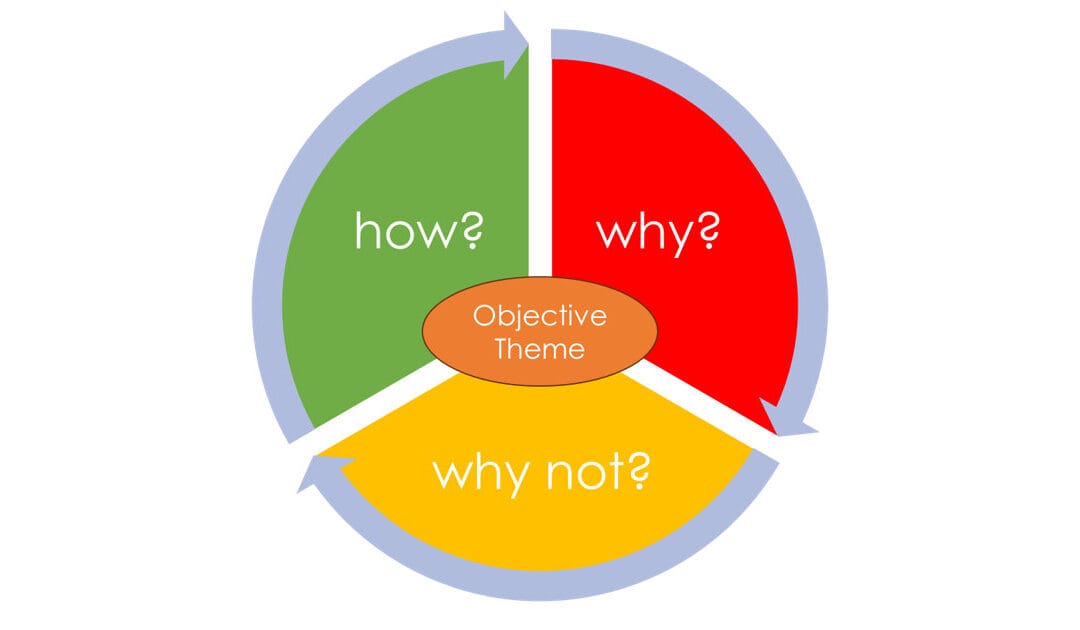
World Café – How to and Implementation Example
This self-learning guide introduces the World Café method for fostering participatory discussions in education. It provides structured steps, materials, and moderation tips for implementing classroom creativity. Teachers gain insights into facilitating knowledge exchange, promoting critical thinking, and designing interactive lessons. Printable resources support direct application in training and teaching contexts.
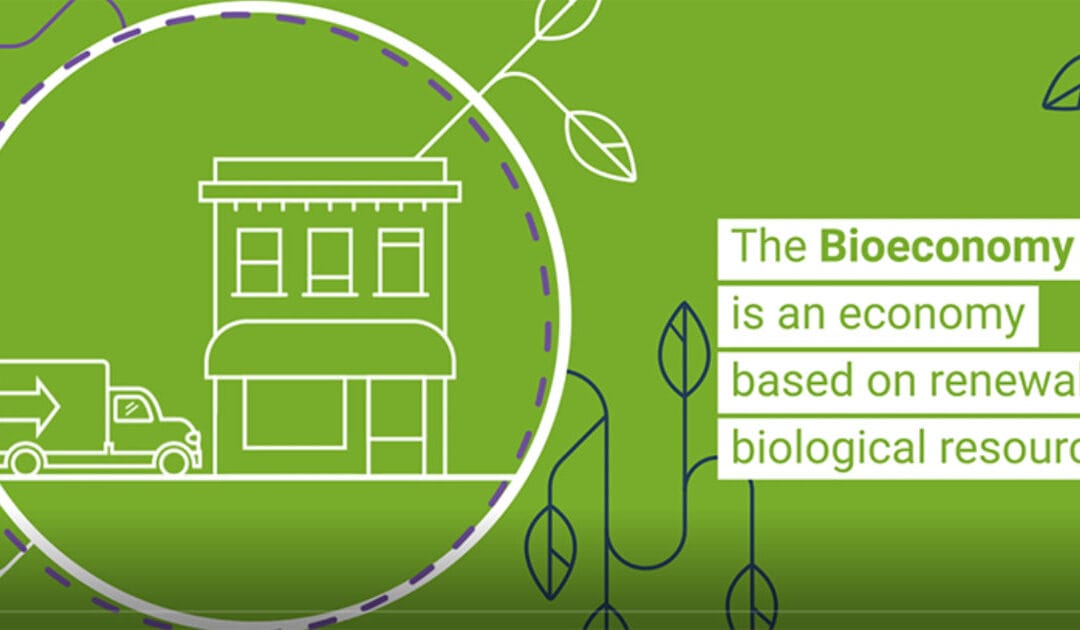
What is the Bioeconomy?
Human overconsumption of Earth’s natural resources is putting the planet under increasing stress. Fortunately, we all can do something to prevent the bleak predictions often seen in news headlines. Many of these solutions are a part of the Bioeconomy. This pack will introduce you and your students to the concept of the Bioeconomy.
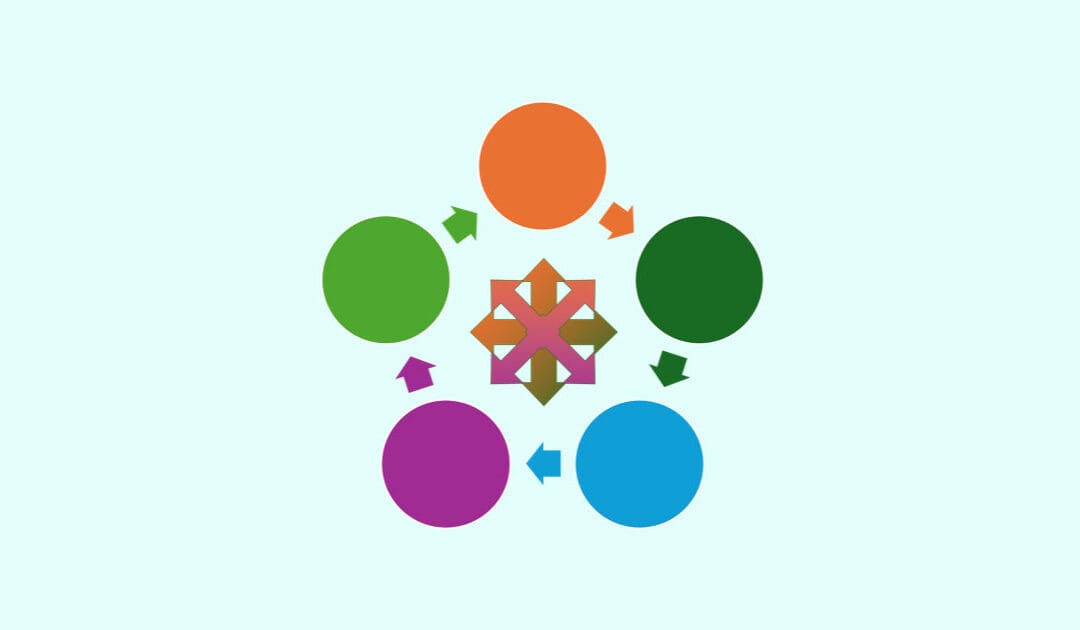
Online self-study courses ESD methods: Station Learning
The document provides a comprehensive guide on Station Learning, outlining its pedagogical background, implementation process, and benefits for education. It explains how teachers can design, prepare, and assess station-based lessons while fostering self-directed, experiential, and competency-based learning. The method promotes engagement, differentiation, and interdisciplinary teaching, making it ideal for modern classrooms.
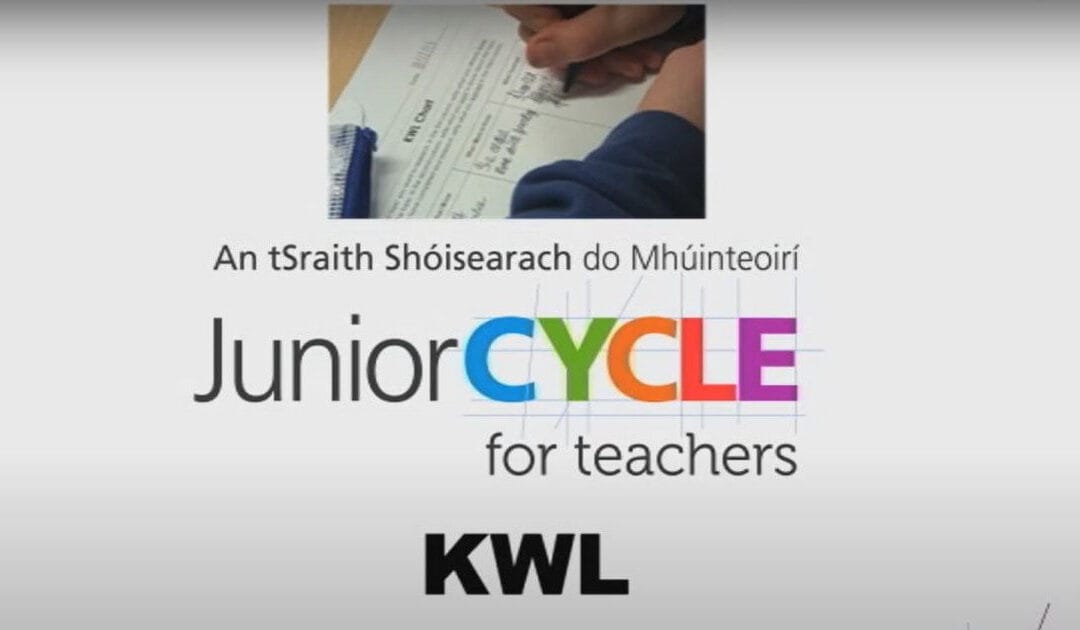
KWL Chart – Active Methodology
This active teaching method allows students to express what they Know (K), Want to Know (W) and what they have Learned (L) from a lesson. By being aware of students’ interests and prior knowledge, the teacher can create projects and assignments that are both challenging and enjoyable for the students.
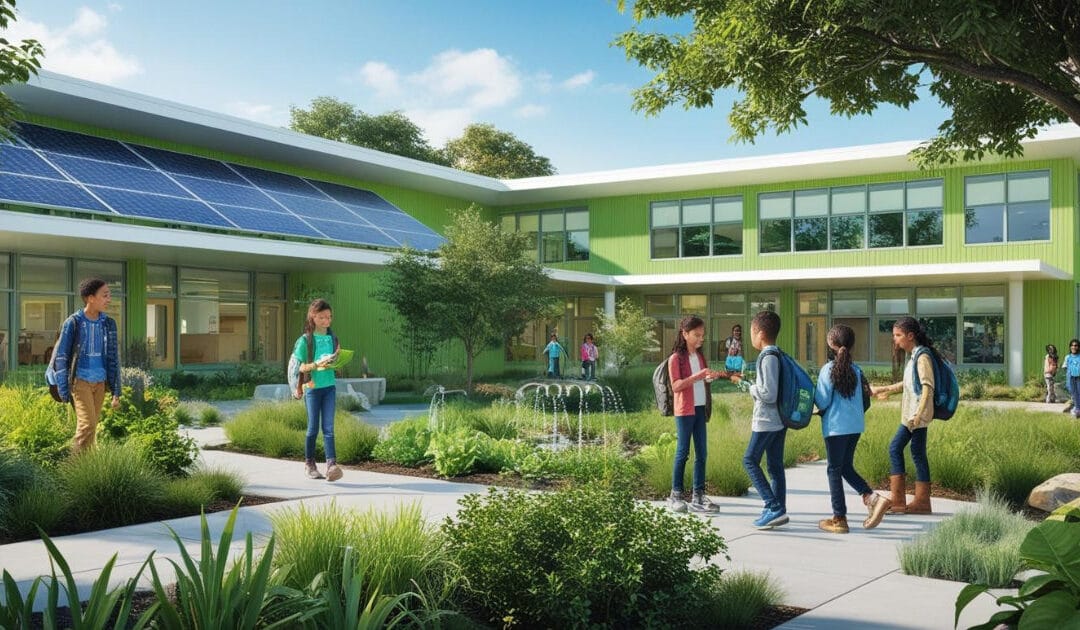
Step-by-step Toolkit to Establish a Sustainability Strategy
This is a toolkit designed to support secondary schools in developing a whole-school sustainability strategy, using a collaborative, participatory approach that includes stakeholder mapping, impact assessment, goal setting, action planning, and monitoring.
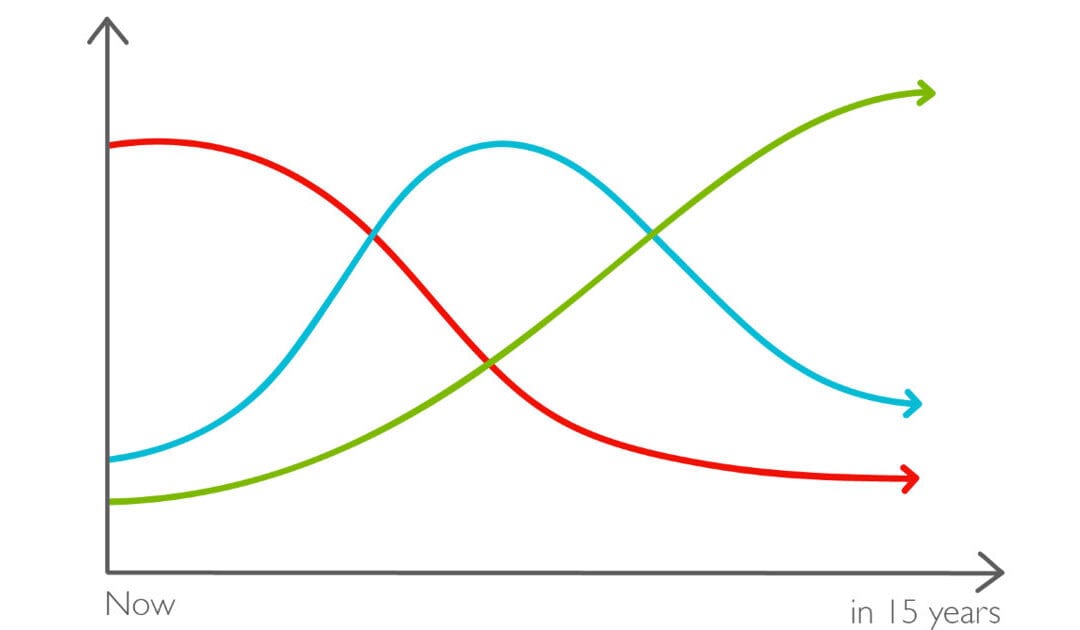
Three Horizons Framework
The Three Horizons Mapping approach builds towards a sense-making map of an issue of concern in a way relevant to formulating visionary action for innovation and transformation. The framework recognises the voices of managers, visionaries and entrepreneurs and proposes how they might collaborate to navigate conversations about the future.
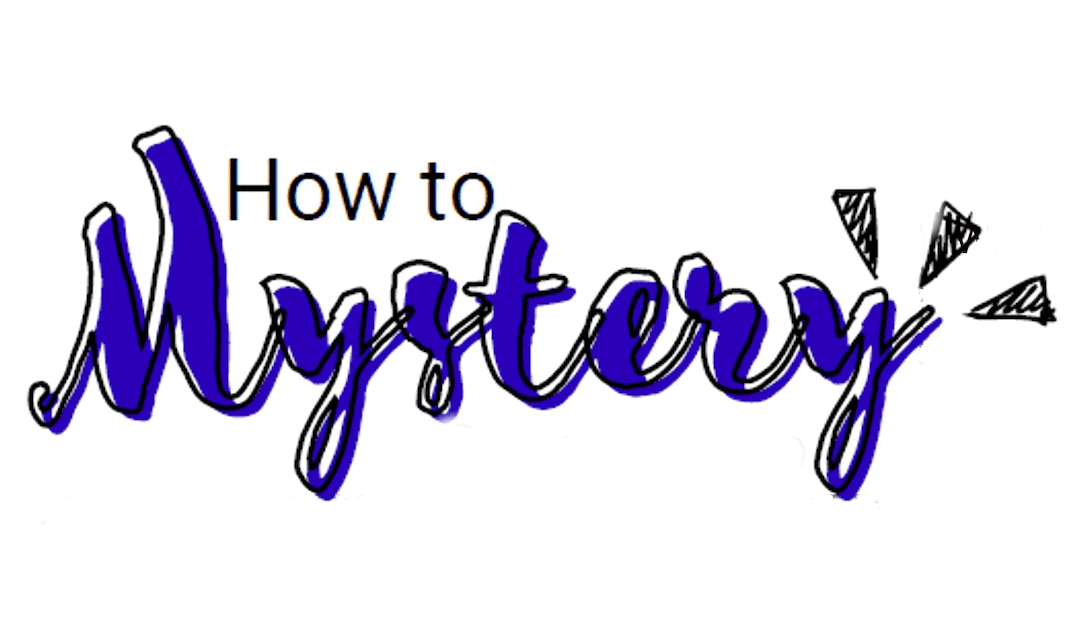
How to Mystery
The resource explains how to design and implement a Mystery Game as an educational tool to promote critical thinking, problem-solving, and teamwork. It outlines the process, from creating a thought-provoking scenario to group discussions and reflection. The guide emphasizes open-ended exploration, student-driven learning, and adaptable difficulty levels.
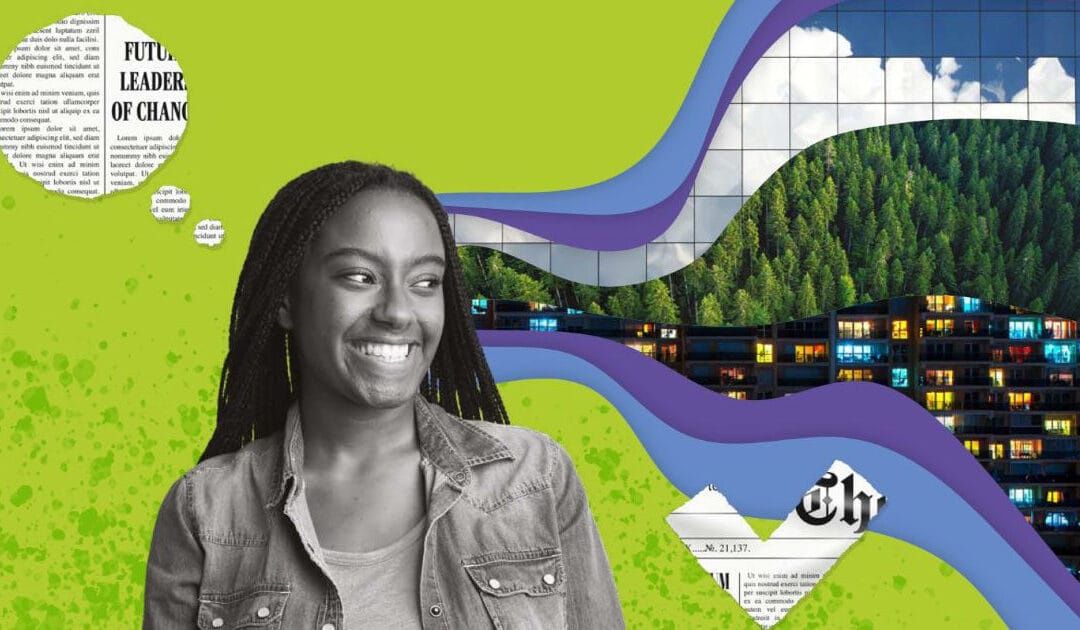
Leadership for Change
Leadership for Change is a six-lesson curriculum designed for the next generation of leaders. Students will hear from inspiring leaders and apply the skills they develop to address local challenges. The first lesson is hosted on the Synapses Portal, with the remainder available from the Economist Educational Foundation website.

